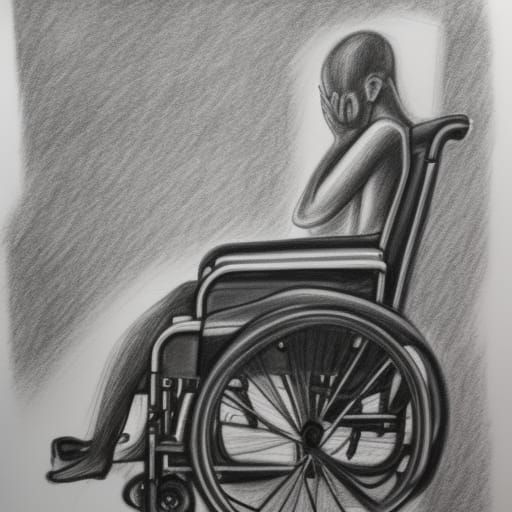Work Credits and Date Last Insured: Key Factors for Qualifying for SSDI Benefits
Understanding the work credit system and date last insured is important if you are considering applying for SSDI benefits.
Social Security Disability Insurance (SSDI) is a federal program that provides benefits to individuals who are unable to work due to a disabling condition. However, not everyone who has paid into the Social Security system is eligible for benefits. To be eligible for SSDI, individuals must have worked a certain amount and earned a certain number of work credits. Additionally, individuals must have a "date last insured" that falls within a certain timeframe. Let's take a closer look at the work credit system and date last insured.
The Work Credit System
The Social Security Administration (SSA) uses a system of work credits to determine eligibility for SSDI benefits. Work credits are based on an individual's earnings and the number of years they have worked. In general, individuals can earn up to four credits per year, depending on their earnings. In 2023, you receive 1 credit for each $1,640 of earnings, up to the maximum of 4 credits per year
The number of work credits an individual needs to be eligible for SSDI benefits varies based on their age at the time they become disabled. Generally, individuals need to have earned at least 20 work credits in the 10 years prior to becoming disabled. However, younger individuals may be eligible with fewer work credits. The number of credits necessary to meet the recent work test depends on your age. The rules are as follows:
- Before age 24 - You may qualify if you have 6 credits earned in the 3-year period ending when your disability starts.
- Age 24 to 31 – In general, you may qualify if you have credit for working half the time between age 21 and the time your disability began. As an example, if you develop a disability at age 27, you would need 3 years of work (12 credits) out of the past 6 years (between ages 21 and 27).
- Age 31 or older - In general, you must have at least 20 credits in the 10-year period immediately before your disability began.
Date Last Insured
In addition to meeting the work credit requirement, individuals must also have a "date last insured" that falls within a certain timeframe. The date last insured is the date when an individual's Social Security coverage ends. To be eligible for SSDI benefits, an individual must have become disabled prior to their date last insured. The date last insured is based on an individual's work history and the number of work credits they have earned. It's important to note that the date last insured is not the same as the date an individual applies for SSDI benefits. An individual's date last insured can expire, even if they continue to pay Social Security taxes.
The SSDI system can be complex and confusing. That's where di Lorenzo and Wilcox can help. With over 25 years of experience in SSDI law, Di Lorenzo and Wilcox have helped countless clients in various cities throughout S.E. Georgia, including Brunswick, Savannah, St. Marys, and Waycross. If you need assistance with your SSDI claim, contact Di Lorenzo and Wilcox today to schedule a consultation. They can help you understand the work credit system and date last insured, as well as other aspects of the SSDI process. With their help, you can take the first step toward securing the disability benefits you deserve.











